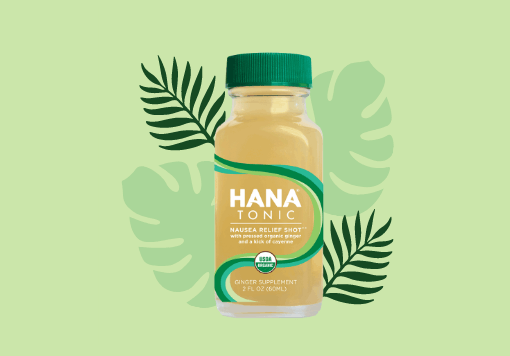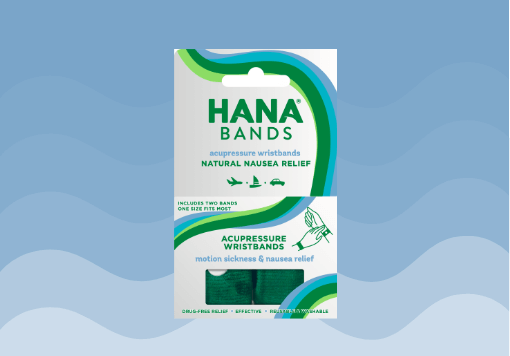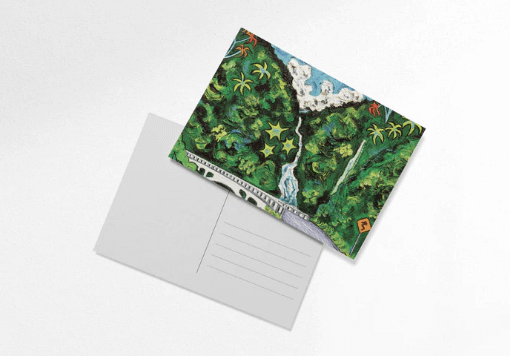It can be frustrating to enjoy your favorite meal only to find that indigestion hits quickly after you are done eating. You want to indulge in all of the foods that you love. So, if you experience heartburn or an upset stomach, then it makes sense that you are asking the question: can indigestion cause nausea?
The more you know about stomach issues, the better prepared you are to avoid these problems and retake control of your diet. Sometimes, a few small changes in your eating habits can make a big difference in alleviating your symptoms and helping you avoid indigestion.

What Is Indigestion, and What Causes It?
Indigestion is a common condition, also known as dyspepsia, in the medical industry. When your stomach is having difficulty digesting food, it could result in various symptoms within your gastrointestinal tract.
This tract is the line that moves food from the mouth, through the stomach, into the intestines, and then eliminates waste at the end. Every part of digestion is essential. For example, stomach acid helps to break down food. Then this acid is neutralized by bile that comes from the gallbladder and liver. As the food continues moving through the small and large intestines, nutrients are absorbed, and the remainder is broken down as waste that the body eliminates.
But when something goes wrong with the digestive system, you might experience symptoms such as indigestion. The most common symptoms include:
- Heartburn: When stomach acid moves up the esophagus and towards the throat, it can cause a burning feeling in the chest.
- Bloating: Excess gas in the stomach, causing the stomach to feel distended. You might also have symptoms such as burping or farting.
- Nausea and Vomiting: When the stomach is upset, it can cause you to experience nausea. Sometimes, the nausea is severe enough that it results in vomiting to clear the offending food out of the stomach.
- Abdominal Pain: An irritated gut can result in a stomachache. Pain symptoms can vary from mild to severe.
What Can You Do to Treat Acid?
At the moment that your indigestion is flaring, you are probably feeling desperate to find relief. You want to know how to cure indigestion fast. You don’t want to continue living with the pain and discomfort.
Not only do you need a go-to solution to help with immediate indigestion symptoms but also need to look at ongoing solutions so you can prevent flare-ups in the future. Your overall health is important, and indigestion could be a sign of an underlying condition that needs to be treated.
About Stomach Acid
While the stomach requires acid to break down your food, too much acid can result in uncomfortable indigestion symptoms. If you are experiencing GERG (gastroesophageal reflux disease), you will experience ongoing symptoms and indigestion.
Some people turn to medications to manage stomach acid. For example, antacids are a fast solution to neutralize stomach acid. Common brands include Tums, Mylanta, Rolaids, and other products with calcium carbonate. These products can help with reflux and other related symptoms.
The best thing that you can do is talk to a doctor for a diagnosis and treatment plan. At the same time, seeking medical advice is just one piece of the puzzle – as the patient, you can also take your health into your own hands by making lifestyle changes that will help to reduce your indigestion in the future.
Natural Solutions to Help with Nausea from Indigestion
What is your go-to remedy when you have a flare-up with indigestion? It’s important to know your options ahead of time, so you can act quickly when the symptoms start to show up. Immediate treatment for mild symptoms can help you avoid serious symptoms in the future.
Here are a few things to consider if you are looking for a natural way to treat acid and alleviate indigestion:
- Avoid Spicy Foods: Pay attention so you know foods that cause indigestion. Are you noticing any patterns in your eating? For example, it’s common for spicy foods to cause a flare-up since the peppers and spices cause irritation to the stomach.
- Avoid Other Acid-Causing Foods: Additionally, other foods are often associated with indigestion. The best thing you can do is keep a journal to notice the cause and effect of the foods you eat. Common offenders include tomatoes, fatty foods, garlic, chocolate, tea, onions, and coffee.
- Avoid Drinking Carbonation: If you often have a soda in hand, then it might be time to break this habit. The carbonation can cause gas to build up in the stomach, which can contribute to acid moving up into the esophagus. Instead of drinking sparkling water or soda, choose regular water as an alternative.
- Don’t Overeat: Did you know that eating too much food can make you more likely to have an indigestion flareup? Your stomach needs to have enough acid to break down the food you are eating. If you have too much food in the stomach, there might not be the right acid balance for optimal digestion. Plus, overeating causes the stomach to be too full, which can result in GERD or acid reflux because things are pushing back up the esophagus.
- Eating Speed: In addition to avoiding overeating, pay attention to how fast you are consuming your food. Some patients find that their digestion is better when eating small meals and consuming the food slowly. For example, instead of eating three meals a day, you can “graze” throughout the day by eating 6 small meals (or snacks).
- Movement After Meals: After you are done eating, be cautious about your activities. For example, if you immediately start participating in rigorous exercise, then it can cause the stomach to start churning. Instead, choose a slow walk after dinner, which can help to facilitate digestion and proper movement.
- Don’t Lay Down Immediately: Laying flat right after a meal can increase the likelihood of stomach acid moving back up the esophagus. Stay upright for the first hour or two. Or, if you are planning to sleep, then elevate the head a little bit, so you are lying on an incline.
- Lifestyle Habits: Did you know that certain lifestyle factors can increase the likelihood of indigestion? It’s always a good idea to limit alcohol consumption and stop smoking. Additionally, doctors have found that being overweight can increase the risk of indigestion. So, consider losing weight to help with your recovery.
- Check Medications: Prescription drugs and over-the-counter medications can cause the sphincter to relax, which opens the pathway for acid to move up the esophagus. Also, watch for other prescriptions that might irritate the digestive tract. Always consult with a doctor when you are making changes to medication usage.
Hana Tonic: A Natural Remedy for Digestive Health
At Hana Tonic, we are committed to helping people of all ages enjoy a healthy lifestyle. If you are looking for ways to boost your health and support digestion, consider adding a Hana Tonic shot as part of your routine.
Our product contains a proprietary blend of powerful ingredients that support digestion, including lemon, B vitamins, ginger, pineapple, and more. Try Hana Tonic for digestive support, immune function, motion sickness, and more.


